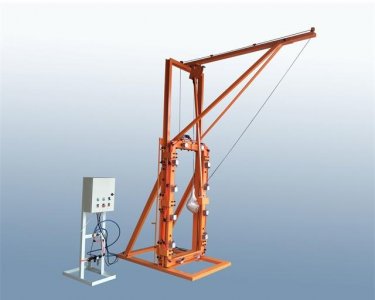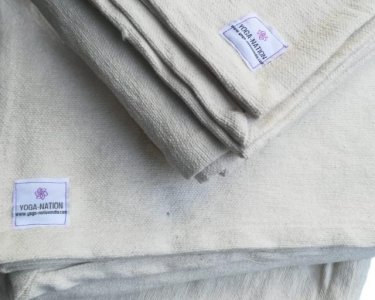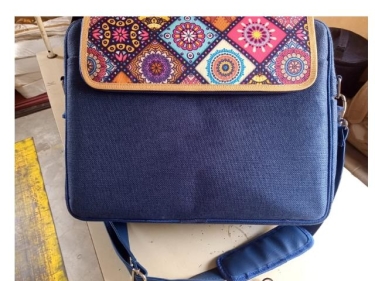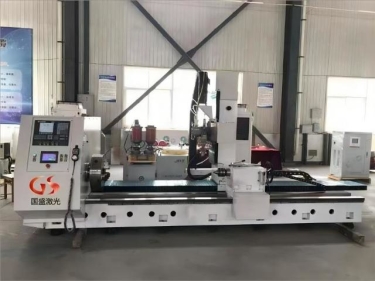Search Results for "spain" in "Spain" on Export Portal
Active Filters
-
Keywords:
-
Country:
- Clear all
New Search
Couldn't find the product you want?
Fill out this form to request the product.
Exports

Spain's capitalist mixed economy is the 16th largest worldwide and the 6th largest in the European Union, as well as the Eurozone's 4th largest.
Since the 1990s some Spanish companies have gained multinational status, often expanding their activities in culturally close Latin America. Spain is the second biggest foreign investor there, after the United States. Spanish companies have also expanded into Asia, especially China and India. This early global expansion is a competitive advantage over its competitors and European neighbors. The reason for this early expansion is the booming interest toward Spanish language and culture in Asia and Africa and a corporate culture that learned to take risks in unstable markets.
Spain exports primarily manufactured products. Spain's exports of semi-finished goods, ships, cars, pharmaceuticals and electronic devices account for over 50 percent of Spain total exports. Spain is also the world's third largest exporter of wine and fruits and vegetables. The European Union accounts for 70 percent of exports of Spain.
Main export partners of Spain are France, China, Germany, Italy, Netherlands, United Kingdom, Portugal and United States.
Customs requirements of Spain
Spanish Customs Contacts:
Website: http://www.agenciatributaria.es/AEAT.internet/Inicio.shtml
Address: Servicios Centrales, Calle Infanta Mercedes, 37., 28020 Madrid
Telephone: +34 915837000
Spain is a country situated in southwestern Europe, bordered by the Mediterranean Sea, France, Andorra, the Bay of Biscay, Portugal and the Atlantic Ocean. It is a developed country with the 14th largest economy in the world. Spain is a member of the European Union, United Nations, NATO, OECD, WTO and other international organizations.
Tariffs
Spain is part of the harmonised trade system of the European Union and importing and exporting are covered by EC Regulations.
A Common External Tariff (CET) is applicable to other countries.
Non-tariff barriers
In addition to normal EU restrictions, all Spanish importers must be licensed. An application must be submitted by the importer to the Ministry of Commerce or its regional offices and include:
- commercial invoice
- price with Incoterm 2010
- net and gross weights
- invoice number
A small range of products are prohibited and some are subject to quotas or other special import licensing requirements and subject to authorisation by the Ministerio de Hacienda. These include:
- agricultural products
- explosives
- seed oil
- gold
Restrictions may depend on the country of origin of the product. Imports of food and agricultural products from outside the EU are covered by the Common Agricultural Policy. CAP products are often subject to customs duties and quotas and may require a licence or certificate.
Trade with certain countries is forbidden or restricted in accordance with UN, EU or OSCE sanctions.
Product certification, labelling and packaging
Certification, labelling and packaging must meet EU requirements.
Packaging
To reduce the impact on the environment, the EU has required legislation concerning the management of packaging and packaging waste.
CE Mark
The CE mark is a mandatory conformity marking for certain products sold within the European Economic Area (EEA).
Labelling
All labelling and information directives of the European Council must be met, as well as local and national regulations.
Food information and labelling legislation must comply with EU legislation.
For organic produce, EU legislation requires that imported organic food from third countries be produced to the same standards as that from or EU.
Special certificates
There are controls on imports on a number of products.
Documentary requirements
Pro-forma invoice
Must indicate Price and Incoterm (2010), freight and insurance charges. One copy is usually sufficient and must clearly state “Proforma”.
Commercial invoice
No prescribed form, but the invoice must include:
- date, name and address of both buyer and seller
- description of merchandise and quantity
- unit price and total price in the agreed currency
- payment method
- Incoterms 2010
- reference to the proforma invoice
- origin of merchandise
- transport method
Packing list
Not compulsory, but facilitates clearance.
Certificate of insurance
Normal commercial practices apply.
Sources:
https://en.portal.santandertrade.com/international-shipments/spain/customs-procedures





























